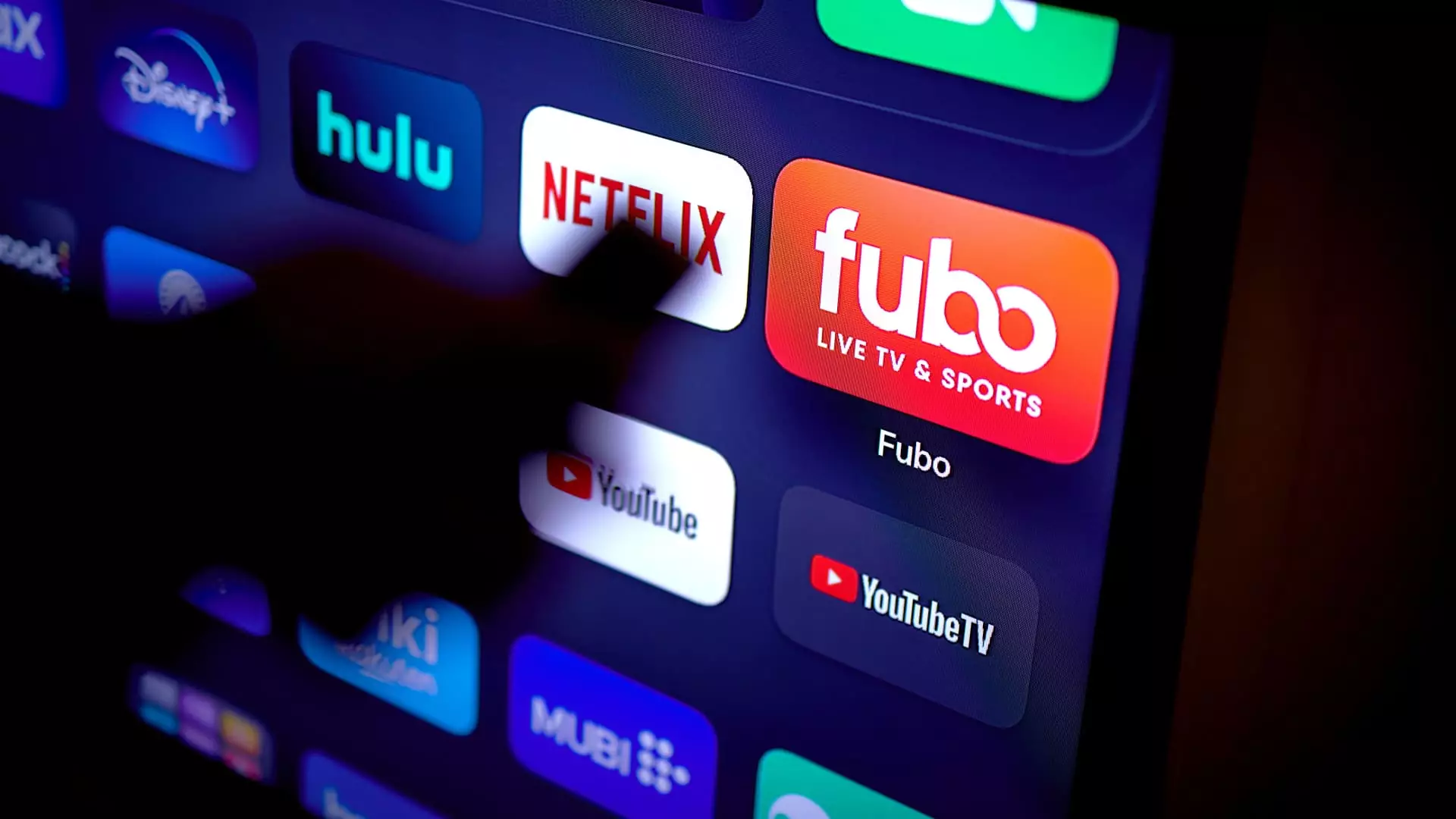The Strategic Merger of Disney’s Hulu+ Live TV and Fubo: A New Era in Streaming Services

The media landscape is continually morphing, shaped by mergers and acquisitions that aim to adapt to the rapidly evolving consumer preferences in entertainment. The recent announcement of Disney’s plan to merge Hulu+ Live TV with Fubo represents a pivotal move within the industry, allowing both companies to capitalize on each other’s strengths. By delving into the implications of this merger, one can discern a broader narrative about the future of streaming services, how they’ll compete with traditional cable, and what this means for consumers.
Disney’s acquisition of a 70% stake in Fubo, granting it majority ownership of the combined entity, marks a significant milestone in streaming services. With over 6.2 million subscribers collectively, the melding of Hulu+ Live TV’s large content library with Fubo’s sports-first approach creates a dual-faceted platform catering to a diverse viewership. Both services will retain their independent identities post-merger, allowing Disney to harness Hulu’s original content while leveraging Fubo’s strengths in sports broadcasting.
With David Gandler at the helm post-merger, the emphasis appears to shift towards creating a more cohesive viewing experience. The sentiment expressed by Gandler—that having two isolated platforms is not ideal—underpins the rationale behind this consolidation. By integrating backend operations, the new entity can not only enhance user retention but also streamline costs and resource allocation, which are essential for competing with larger aggregators like YouTube TV and Netflix.
Financially, this merger is poised to position Fubo as an immediate cash flow positive entity. The surge in Fubo’s stock, a remarkable 190% increase following the announcement, illustrates market confidence in this strategic alliance. As companies in the streaming sector become increasingly focused on profitability, the expectation is that Fubo will emerge as a formidable player, enriched by Disney’s management expertise and content library.
Moreover, this collaboration comes in the wake of turbulent competition in the sports broadcasting sphere. Fubo’s commitment to preserving regional sports networks aligns with its existing consumer base’s desires, highlighting its focus on sports and news. However, the new combined entity can now command more leverage in negotiations with networks, a crucial factor in determining pricing strategy and services packages. This move may enhance consumer experience through better access to sports while potentially lowering costs for the end-users.
The settlement of litigation concerning the now-postponed Venu streaming service demonstrates the implications of this merger extend beyond mere ownership stakes. Fubo had aggressively contested Venu, claiming it would stifle competition within the sports streaming market. The legal resolution not only assures a smoother path forward for Venu but also fortifies Disney and Fubo’s position in an industry rife with competitive threats. As Venu gears up to launch, the combination of Fubo’s existing capabilities with Disney’s substantial resources suggests a more resilient competitor in the sports streaming landscape.
The decision by Disney, Fox, and Warner Bros. Discovery to make a significant cash payment to Fubo—coupled with the support of a future loan—undermines any lingering concerns about the financial stability of the combined company. Such a collaboration amid fierce competition signals to the market that consolidation among media giants is a viable strategy to tackle the pressures of retaining viewer loyalty in a streaming-dominated environment.
While the merger is undoubtedly a game-changer for the industry, it also begs the question: What does this mean for the consumer? For starters, the retention of both Hulu+ Live TV and Fubo as separate offerings will provide viewers with more choices. However, the real value lies in the potential integration of diverse content offerings under a unified platform. As Fubo aims to cement its place in the streaming world, the focus must remain on consumer satisfaction.
As Disney branches further into the streaming realm, with plans for a flagship ESPN app alongside its existing offerings, this merger symbolizes an adaptive response to consumer demands. The entertainment industry is aware that viewers are seeking more than just peripheral content; they are craving a seamless, enriching experience that speaks to their varied interests.
The merger between Disney’s Hulu+ Live TV and Fubo signifies the dawn of a new era in streaming services. By combining strengths, leveraging synergies, and addressing legal hurdles, the companies can create a latter-day digital titan within the entertainment landscape. As this new chapter unfolds, consumers can anticipate enhanced offerings that respond to their diverging interests, fundamentally redefining how they consume content in the years to come.





